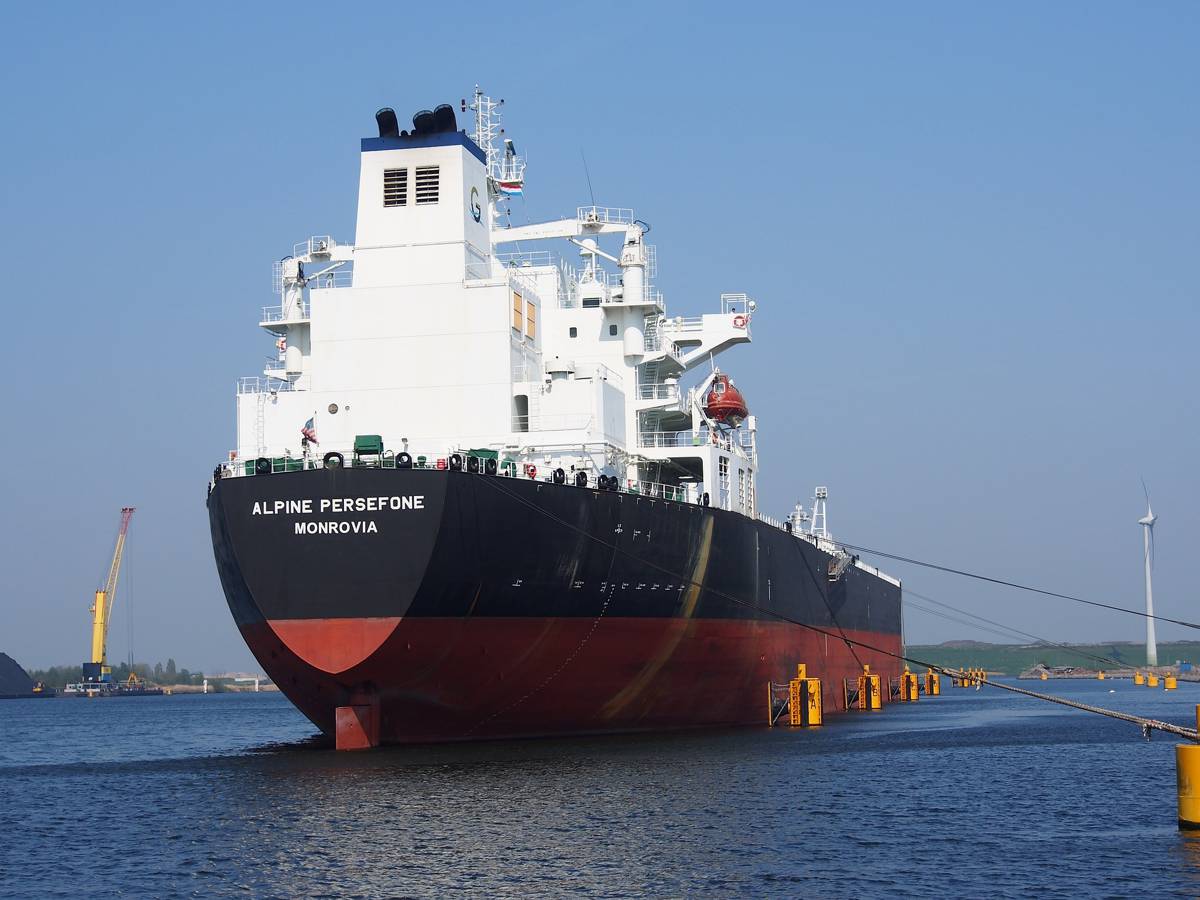Russia Imposes Diesel Fuel Export Ban: Global Energy Markets at Stake
In a startling move, Russia has officially instituted a ban on the export of diesel fuel, sending shockwaves through the global energy market. This latest development follows previous actions by Russia, including price caps on their crude oil and diesel fuel, but the ban represents a significant escalation.
As we approach the fall and winter months, demand for diesel typically spikes. However, with Russia’s export ban in place, a disruption in the flow of diesel fuel is expected, raising critical questions about its impact both globally and locally and its connection to the ongoing Russia-Ukraine conflict.
The ban encompasses diesel fuel, a vital resource used for transportation, heating, and various industrial processes. While some analysts speculate that this ban may be temporary, others view it as yet another instance of Moscow weaponizing energy exports as it enters its 20th month of the Ukraine invasion.
Traditionally, Russian diesel fuel has followed a well-defined path, primarily flowing out of the Black Sea and the Baltic Sea regions. These relatively shallow and compact seas have facilitated the use of smaller tankers for transporting diesel, mainly to Northern Europe and the Mediterranean.
However, the imposition of price caps has altered this landscape, causing Russian diesel to find its way to diverse destinations across the globe. Smaller tankers have started arriving off the coast of Spain, facilitating significant ship-to-ship transfers consolidating diesel loads. Similar activities are observed in the Black Sea, where smaller tankers congregate off Greece before shipping the oil to various destinations, including Brazil, the Middle East, India, and China.
This disruption has led to the creation of two distinct networks for oil delivery: the traditional one and an emerging one. The latter, sometimes referred to as the “dark fleet” or “shadow fleet,” consists of 400 to 600 ships that handle Russian oil shipments. These newer entities have stepped in to circumvent the price cap restrictions imposed by the G7 and the European Union, creating a competitive landscape in the shipping industry.
The consequences of this ban are already evident. With Russian diesel no longer flowing into Europe, new diesel trade routes have emerged. Diesel now flows from the United States, the Middle East, Turkey, India, and even China to compensate for the shortfall. Interestingly, China, despite its diesel exports, is also importing significant amounts of crude oil from Russia, refining it domestically, and selling the excess refined diesel back to Europe.
This disruption has a cascading effect, increasing transportation costs and forcing the global oil market to adapt to new routes and sources. European markets, in particular, are feeling the squeeze as winter approaches, and they grapple with the ramifications of this sudden shift.
In the United States, diesel prices are already on the rise, a trend that is likely to intensify if the Russian diesel export ban remains in place. This shift in demand may lead to diesel shortages or shortfalls as oil companies prioritize more lucrative overseas markets.
The consequences of this ban are not limited to diesel prices alone; they also have far-reaching implications for the shipping industry, also affecting delivery costs and bitumen prices. As the “dark fleet” shifts back to traditional cargo hauling, an influx of ships into established shipping lanes may impact freight rates. Simultaneously, the increased demand for long-range tankers to transport diesel over extended distances could exert upward pressure on freight rates.
Key factors to monitor in this evolving situation include Russia’s storage capacity for diesel fuel, the sustainability of their production capacity, and the overall impact on the global energy market. As winter looms, this bold move by Russia has raised significant questions and created uncertainty in the complex web of global energy trade.















